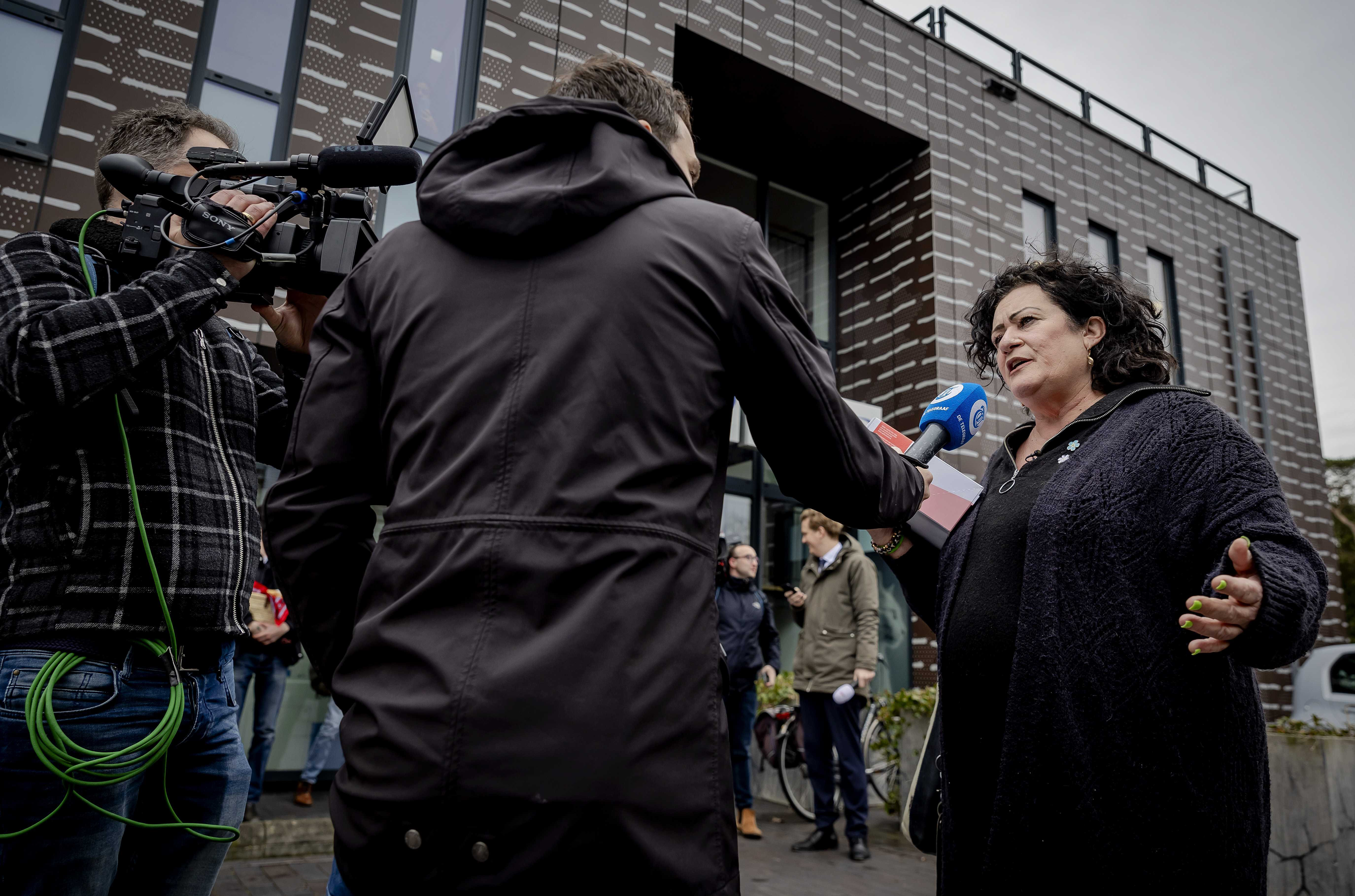Netherlands
"New Kids on the Block" – Farmer party wins Dutch elections

BBB Chairwoman Caroline van der Plas
© picture alliance / ANP | Sem van der WalA new populist party has rocked the political landscape in the Netherlands by winning the provincial elections last Wednesday. The BoerBurgerBeweging (Farmer-Citizen Movement/BBB) won more than one in five votes nationwide, with a campaign that capitalised on rural anger at the current government’s environmental policies. The result will put pressure on the government’s ability to pass legislation, as the provincial elections determine the makeup of the Dutch Senate, and may lead to increased tensions within the four=party governing coalition.
The votes came after weeks of campaigning that focused on a single issue: nitrogen emissions. The Dutch government, led by liberal Prime Minister Mark Rutte (VVD), has committed to reducing nitrogen emissions in the Netherlands by 50% by the end of this decade. With more than 100 million cows, pigs and chickens, the concentrations of nitrogen oxides in the air and water vastly exceed maximum levels under EU regulations. In an effort to cut emissions, the government has therefore launched plans to reduce livestock numbers and possibly close farms.
The government’s plans have met with a fierce backlash from farmers and rural communities throughout the country. The BBB, which was founded four years ago by agricultural journalist Caroline van der Plas, capitalised on this opposition and campaigned with a strong anti-government message. Questioning the need to reform the agricultural sector, it became the biggest party in all provinces and will get 17 out of 75 seats in the Senate.
Election results
The ruling coalition of liberals VVD and D66, the Christian Democrats (CDA), and the smaller Christian Union (CU) took heavy losses in the elections. Its combined number of seats in the upper house decreased from 32 to 23 seats (out of 75), indicating voter discontent with some government policies. Whereas the liberal parties got away with relatively modest losses (VVD lost two seats and has will have ten now, D66 went down from seven to five), the delegations of the CDA (-4, only 7% of the seats now) and Christian Union (-2) will both be roughly halved. The latter coalition parties traditionally receive strong backing in rural areas and many of their voters switched to BBB.
But it is not all bad news, as the far-right party Forum for Democracy (FvD) was decimated in the process, losing 10 out of 12 seats. Many of their voters switched to BBB, a sign of how fragile the fortunes of populist parties are in the Netherlands. It is starting to become a regular pattern that dissatisfied switch between the different populist parties. Over the past years, growth for one of the populist parties usually goes at the expense of another, as they cannibalise each other’s voter base. It does, however, raise questions for centrist political parties on how to address the phenomenon of protest votes. Although the overall discontent does not seem to grow, the populist voters represent a sizable proportion of Dutch society and it is not clear how their confidence in politics can be restored.
What to expect?
The election result will determine the makeup of the Dutch Senate, which puts new pressure on the government’s ability to pass legislation. In the previous mandate, the governing coalition parties already had a minority in the Senate, with 32 out of 75 seats. It is therefore no stranger to reaching out to other parties for support. However, with only 22 seats left, it will need much more support from opposition parties to get legislation approved.
Over the past four years, Mark Rutte’s government could often count on the support of the left-wing opposition parties PvdA (Social Democrats) and GroenLinks (Greens). Both took part in the election with a joint list, in an effort to create a “left cloud”. Although the joint list yielded little to either party (GroenLinks remained stable with eight seats, PvdA won one and will have seven), their combined vote share (still smaller than that of the liberals combined) will once again be enough for a majority in the Senate. Further support can be expected from pro-European party Volt, which won seats in most provinces and will be represented in the Senate with 2 senators. With these parties supporting the government’s proposals for agricultural reform, the government could in theory continue its plans.
Despite a landmark victory for the BBB, the majority of the Netherlands still stands behind the government’s plan to cut nitrogen emissions. However, the biggest question remains how this signal will be perceived in the government. Implementing the reforms with support from the left would probably create tensions with the parties that lost the most, CDA and the CU. But abandoning the goal altogether is unacceptable for social-liberal coalition partner D66. A tough nut to crack, once again, and one that will probably keep Dutch politicians occupied for many months to come.
